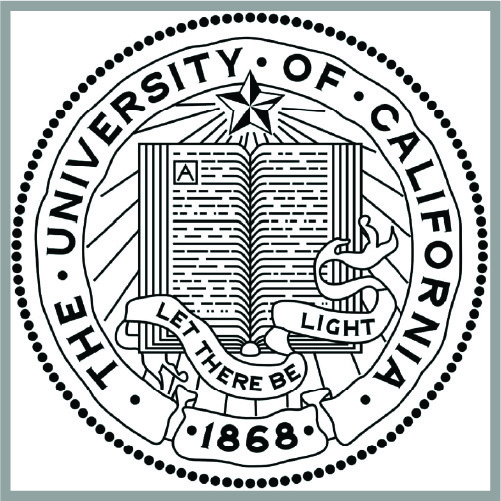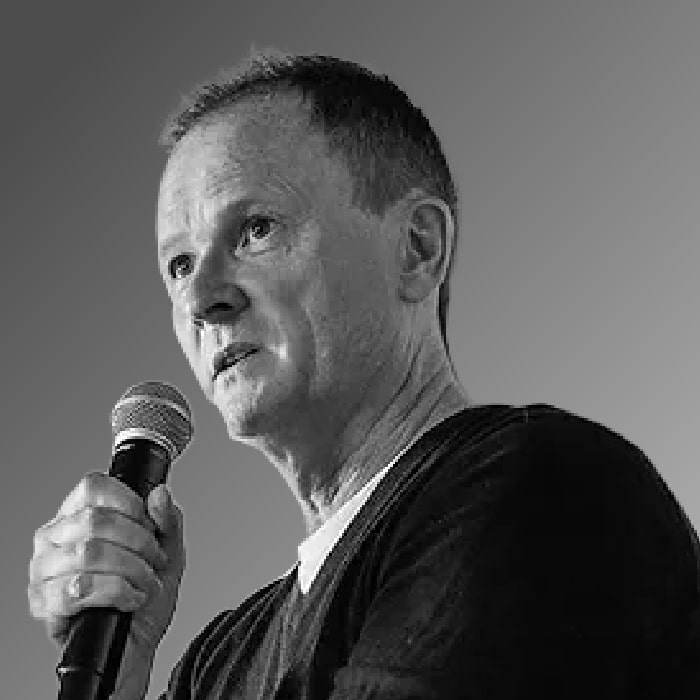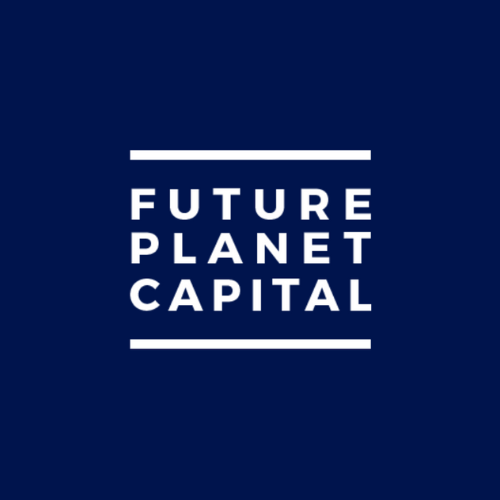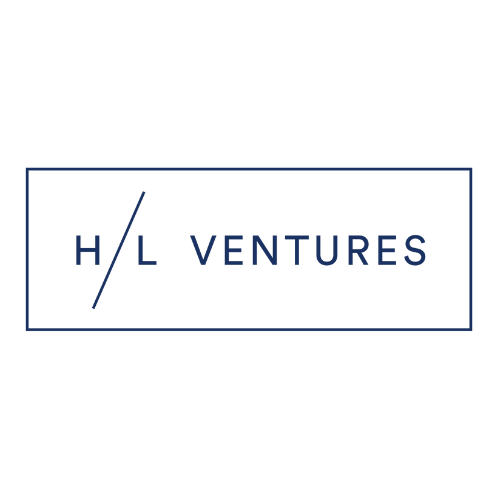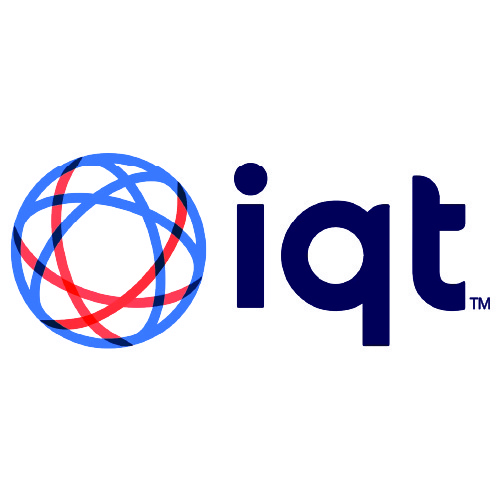Interviewed February 28th, 2025
Introduction
In late February 2025, Victoria Slivkoff, our first repeat guest, took time out of her busy schedule to sit down with Nicolas Sauvage, President of TDK Ventures and host of Corporate Venturing Insider, to discuss the latest developments in her career.

She’s always been a force in the innovation ecosystem. When we last spoke with her in August 2020, Slivkoff was the Global Head of Innovation & Entrepreneurship at the University of California, leading the UC’s $137M innovation unit. She played a key role in scaling the university’s startup ecosystem, managing the most extensive university IP portfolio in the U.S., and overseeing a $169B investment portfolio that drove commercialization, industry collaboration, and economic impact.
Since then, Slivkoff has continued to carve out an influential role in venture capital and startups. She became the Executive Managing Director of Extreme Tech Challenge (XTC) and later the Head of Ecosystem at Walden Catalyst, both under the leadership of Young Sohn. Their close working relationship also allowed her to pursue an exciting new project — Tech Dreamers, a show premiering on TaiwanPlus in May 2025, spotlighting outstanding Taiwanese founders in Silicon Valley.
We were thrilled to catch up with Slivkoff and hear about her journey since 2020, her latest ventures, and what’s next.
Joining Extreme Tech Challenge (XTC) in Supporting Entrepreneurs
Shortly after her last conversation on Corporate Venturing Insider, Victoria Slivkoff joined Extreme Tech Challenge (XTC), a global nonprofit dedicated to supporting startups addressing the United Nations’ Sustainable Development Goals (SDGs). “Our sole mission as a U.S.-based nonprofit is to find amazing companies doing amazing things to change the world,” she explains. What truly sets XTC apart, she says, is its deep, global network. “We have a massive VC community supporting our work — CVCs like yourself, corporate executives, open innovation teams — all helping startups gain global visibility.”
While XTC began as a pitch competition, it has since evolved into something much bigger. “We partner with some of the largest tech conferences in the world — CES, TechCrunch, VivaTech, NVIDIA GTC — because we go where the community already is,” Slivkoff notes. With over 10,000 founders from 120+ countries having participated and 95% of finalists and winners securing funding — 80% of them through the XTC network, the initiative has proven its impact.
The real secret sauce, according to Slivkoff, is the power of community in helping entrepreneurs scale. This strong industry support is what makes XTC more than just a competition. “You have to be a check writer to help us evaluate. Knowledgeable judges pick the right companies — if you don’t have deep domain expertise, you can’t judge.” By curating the right investors and industry leaders, XTC ensures that startups get in front of the right people at the right time. The initiative also prioritizes diversity and inclusion, with 36% of its founders being women.
Beyond competitions, Slivkoff sees her role as building an innovation pipeline — connecting startups with investors, mentors, and corporate partners. At the end of the day, “it is about mentorship, about helping these founders to create relationships that can help them far into the future.” That’s why XTC now goes beyond pitch events, incorporating showcases, thought leadership discussions, and year-round programming to serve as a launchpad for global innovation rather than just another startup event.
Walden Catalyst: Investing in Deeptech Innovations
Seven months after joining, Victoria Slivcoff was offered a position to be Head of Ecosystem at Walden Catalyst, an early-stage deep tech investment venture fund focused particularly on semiconductors, AI, and data infrastructure run by Young Sohn from XTC. It is no wonder Nicolas Sauvage comments that she is a perfect model for a venture ecosystem manager. He used her as an example for people to look for in his own hiring at TDK Ventures. The Walden team has an impressive track record, having invested in over 600 deep tech companies, 138 of which have gone public.
Slivkoff explains that Walden Catalyst’s partners do their own “grunt work”, take board seats, and work closely with founders, bringing decades of experience to the table. The firm’s leadership, including Young Sohn and Lip-Bu Tan, has cultivated a hands-on approach that differentiates Walden Catalyst from other investment firms. Rather than relying on junior staff to conduct due diligence, the partners are directly involved in decision-making and support, ensuring that the companies they back receive expert guidance.
From Deep Tech to TV
In 2023, Slivkoff was invited onto TaiwanPlus, Taiwan’s equivalent of CNN, to discuss deep tech. The appearance was so well-received that she was offered her own show, Tech Dreamers, spotlighting groundbreaking founders of Taiwanese descent.
Set to premiere in May 2025, the show will air on cable in Taiwan and online. For Slivkoff, the decision to say “yes” was strategic. “It was an extraordinary opportunity, and I thought it would be hugely beneficial and synergistic with my work.” As co-producer, she ensures the content aligns with her mission while honing her storytelling and public speaking skills, especially the ‘walk and talk’. “You have to articulate a crisp script, and there’s no teleprompter anywhere. Then you have to walk slow, talk fast, and keep your eyes locked on the camera.”
As for a second season? That, she says, would depend on getting the green light from her bosses. But for now, the experience has reinforced what she already knew: great storytelling is one of the most powerful tools for driving innovation forward.
Mastering Time Management
With three demanding roles, Slivkoff relies on strategic prioritization, ruthless efficiency, and staying fully present. “How do I save my mental space to tackle the big problems — so I’m not lost in the weeds?” she asks. A key strategy? Saying no. “I say ‘no’ a lot, and I’ve learned to say no even more.”
She learned the importance of being fully present from President Bill Clinton, recalling how he maintained eye contact in a crowded room. “Even with 20 people vying for his attention, he made me feel like the only person there. I carry that forward — when I talk to someone, they get my full attention.”
Her roles are highly synergistic, sharing a boss across Walden Catalyst and XTC, making her work more efficient. “The work I do for one often benefits the other.” Optimizing is a way of life. “I solve problems for fun,” she laughs. “Even in my personal life, I think about how to be more efficient — whether it’s planning dinners or running errands.”
Looking Ahead
Looking ahead, Victoria Slivkoff is deeply focused on the next evolution of artificial intelligence and the infrastructure required to support it. She sees the industry moving beyond general-purpose AI models into a “reasoning AI era”, where models not only generate responses but also learn, adapt, and improve autonomously. “I believe in smaller, vertical-specific models — AI copilots that address distinct challenges with lower compute needs and greater efficiency,” she explains.
However, scaling AI comes with a critical challenge: energy consumption. Slivkoff is particularly interested in optimizing compute infrastructure — from chip architecture and edge computing to photonics-based data transfers in data centers — to reduce power usage while maximizing performance. “Right now, data centers consume about 3–4% of global energy and could hit 12% by 2030. How do we solve that?” she asks. Her vision includes advancements in low-power chips, improved data center design, and sustainable energy solutions such as solar, wind, and small modular nuclear reactors to support the AI-driven future.
Beyond AI and infrastructure, Slivkoff remains committed to bridging ecosystems, fostering global innovation, and mentoring the next wave of entrepreneurs. Whether it’s through XTC, venture capital, or media storytelling, she’s determined to connect the dots between technology, sustainability, and impact — ensuring that the future of AI is not just powerful, but efficient, scalable, and responsible.

 Prioritizing high-impact work prevents getting lost in the weeds. Focusing on what truly matters conserves mental energy, respects others’ time, and enables problem-solving at scale.
Prioritizing high-impact work prevents getting lost in the weeds. Focusing on what truly matters conserves mental energy, respects others’ time, and enables problem-solving at scale. 









